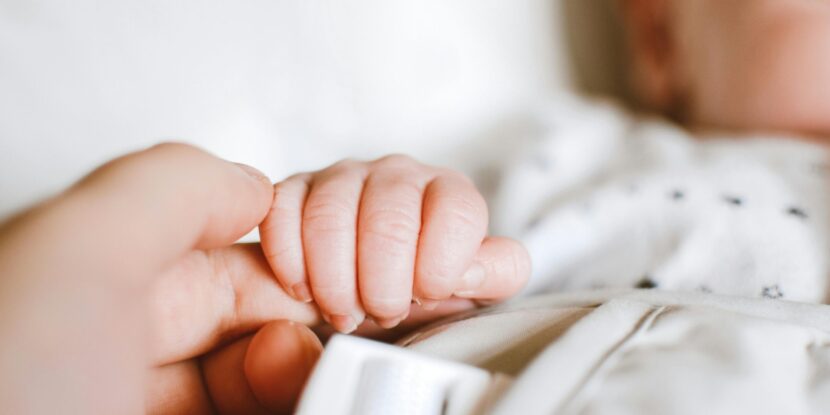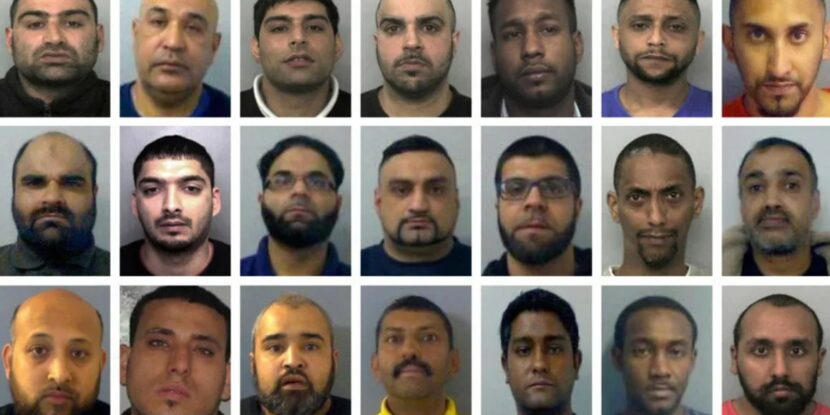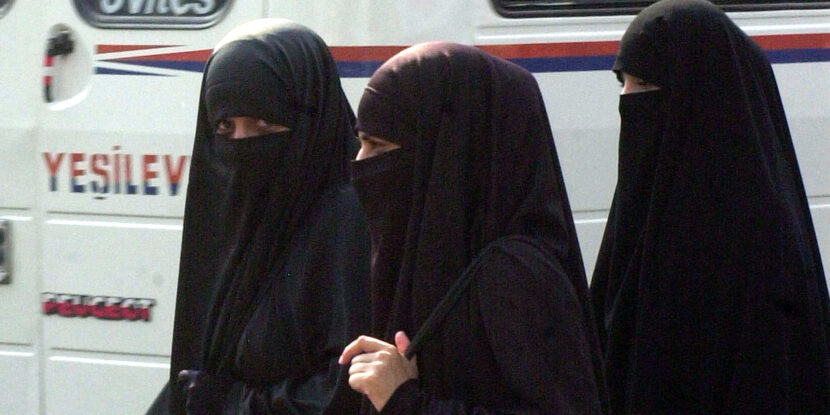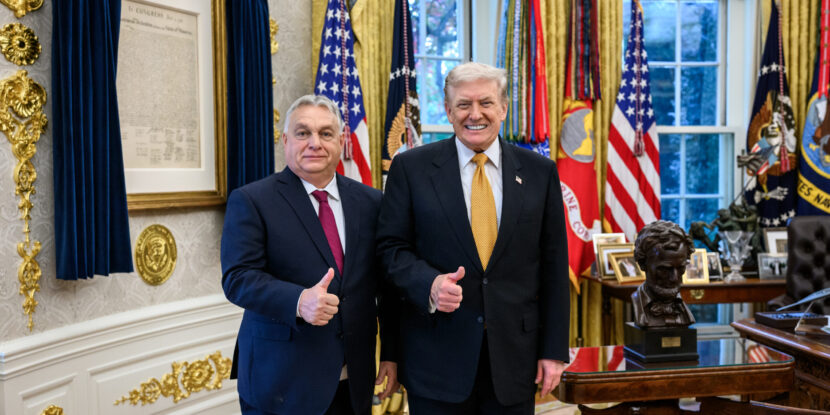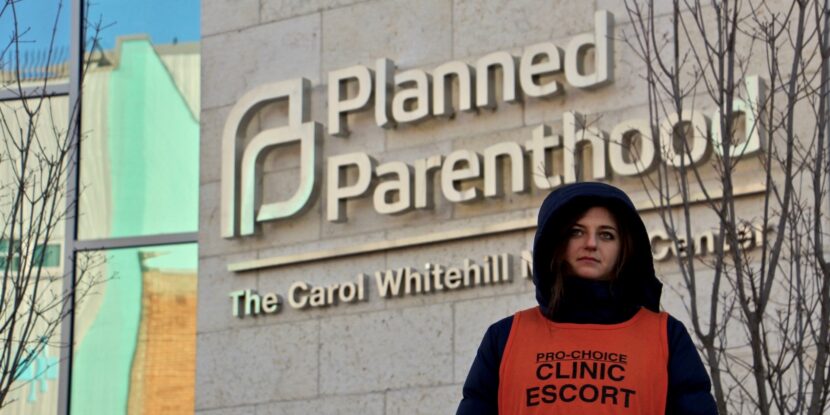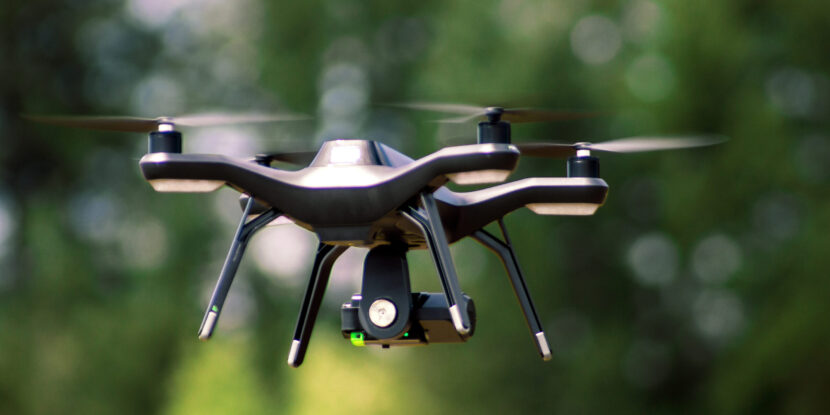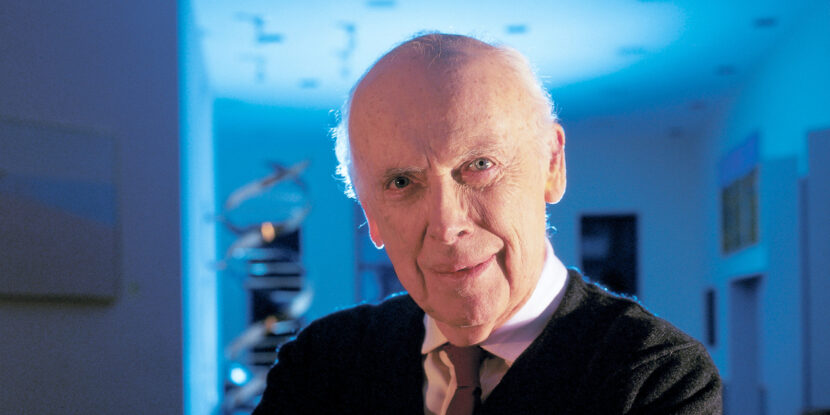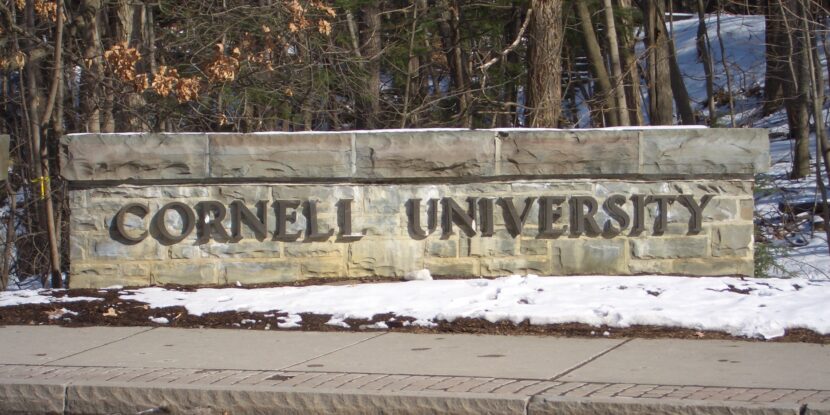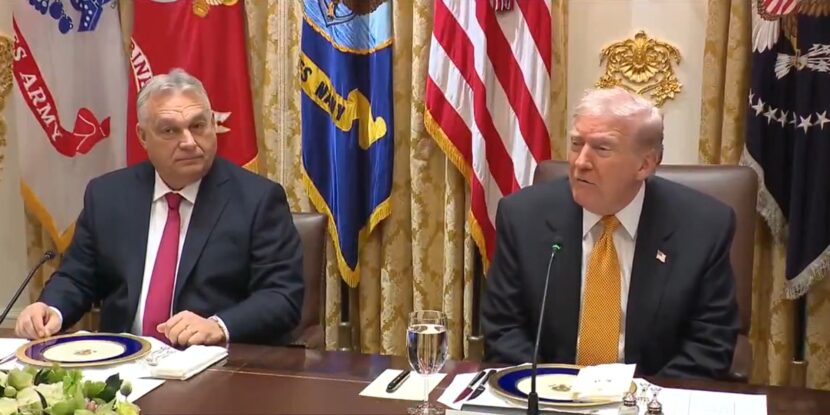❓WHAT HAPPENED: The capital city of Spain has launched a financial incentive program to encourage higher birth rates, offering payments to parents for having children.
👤WHO WAS INVOLVED: Madrid Mayor José Luis Martínez-Almeida and the city government.
📍WHEN & WHERE: The program, announced in October 2022, officially began on Tuesday and applies to children born or adopted after June 1, 2025, in Madrid, Spain.
💬KEY QUOTE: “There are people who want to start a family, but they don’t have the right conditions to do so.” – José Luis Martínez-Almeida
🎯IMPACT: The initiative aims to address Spain’s declining birth rate and aging population by providing financial support to families.
A new program in Spain‘s capital, Madrid, is offering families a small financial incentive to have more children as the European Union (EU) country seeks to improve its birth rate. Parents in the city can apply for a subsidy equivalent to $578 (€500) for their initial child, $868 (€750) for a second child, and $1,157 (€1,000) for each additional child thereafter.
The Spanish fertility rate currently sits at a meager 1.4 live births per woman, far below the 2.1 replacement rate considered necessary to maintain population levels. Madrid Mayor José Luis Martínez-Almeida implemented the natality program with the aim of reversing the city and country’s declining birth rate and assisting families with the economic challenges of having children.
Notably, most European countries are contending with an aging population and live births that are well below the replacement level, despite mass migration from the Third World.
The subsidy applies to children born or adopted after June 1, 2025, and parents must apply within two months of the birth or adoption. Applications can be submitted online or at municipal offices. The city government has allocated over $20 million (€17.3 million) to the program’s initial phase, with plans to increase the budget if demand exceeds expectations.
Spain’s national government also offers tax deductions ranging upwards of $1,390 (€1,200) per year for children under age three. Meanwhile, regional governments in Andalucia and Valencia also provide subsidies. Mayor Martínez-Almeida stated during the program’s announcement: “There are people who want to start a family, but they don’t have the right conditions to do so.”
Join Pulse+ to comment below, and receive exclusive e-mail analyses.
